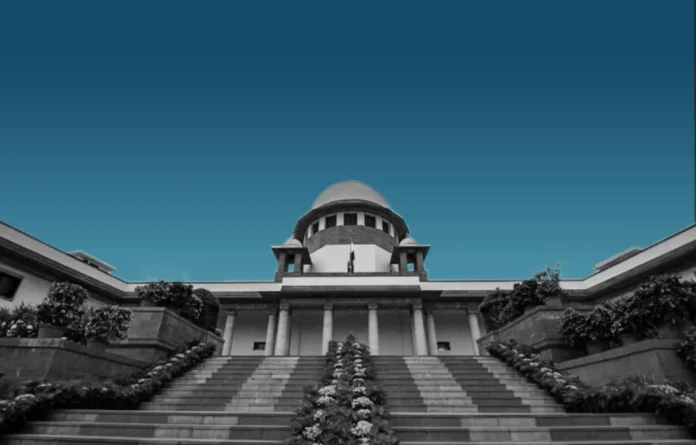The Supreme Court came down heavily on a woman, deemed by the State of Tamil Nadu to be a Christian convert, allegedly claiming to practice Hinduism for availing the quota reserved in job appointments for Scheduled Caste (SC) communities.
The Bench of Justice Pankaj Mithal and Justice R Mahadevan passed the order while dismissing an appeal filed by one C Selvarani (appellant) against an order of the Madras High Court order passed in January 2023.
The Apex Court observed that if the purpose of a conversion/reconversion was only to derive the benefits of reservation but not with any actual belief on other religion, the same could not be permitted. The extension of benefits of reservation to people with such ulterior motive would only defeat the social ethos of the policy of reservation.
The conferment of Scheduled Caste communal status to the appellant, who was a Christian by religion, but claimed to be still embracing Hinduism only for the purpose of availing reservation in employment, would go against the very object of reservation and amount to fraud on the Constitution, it added.
Selvarani claimed that she belonged to the Valluvan caste of Hindu religion. Based on this, she claimed reservation benefits for a clerk job under the scheduled caste category.
However, the State of Tamil Nadu, after verifying the claim, rejected it.
The High Court had refused to quash the appointment of a fellow candidate eventually selected for the job. This led to the appeal before the top court of the country.
The Apex Court noted that the State government’s field verification clearly revealed that the marriage of Selvarani’s parents was registered under the Indian Christian Marriage Act. Further, her baptism and court attendance were also documented and it showed that she was born as a Christian.
There was nothing on record to show that she had reconverted to Hinduism. On the contrary, factual findings showed that the appellant still professed Christianity, it added.
Calling India a secular country where every citizen had the right to practice and profess a religion of his or her choice, the top court of the country said that even in such circumstances, dual claims on religion were not tenable.
The appellant could not continue to identify herself as a Hindu after baptism, said the Bench, adding that a person converted to a different religion, only when he/she was genuinely inspired by its principles, tenets and spiritual thoughts. However, in the instant case, the evidence clearly demonstrated that the appellant professed Christianity and was actively practicing the faith by attending the Church regularly.


